TEHRAN(Bazaar) – Tariq Raouf, former Director General of the Atomic Energy Agency says the JCPOA effectively is dead but neither party wants to acknowledge that the JCPOA now is no longer relevant.
He adds that Iran is waiting for the next US president, and the US is waiting for a post-Khamenei administration in Iran.
Following is the text of the Bazaar interview with Tariq Raouf.
Q: The Board of Governors of the International Atomic Energy Agency approved an anti-Iranian resolution. The resolution calls on Iran to immediately cooperate with the IAEA's investigation into uranium particles found in three undeclared locations in Iran. What is your assessment of the tone of this resolution?
A: The Resolution adopted by the IAEA Board last week is a sign of desperation by its supporters who have not been successful in reviving the JCPOA. Sensing domestic weakness in Iran from the women's protests, the West is trying to put more pressure on Iran. Malley has said JCPOA is not a priority while the revolt in Iran is continuing.
Q: Before the approval of the anti-Iranian resolution in the IAEA Board of Governors, the representative of the United States said: “Iran should cooperate with the IAEA and should understand that if it is not able to provide the necessary cooperation to resolve these issues, this council is ready to appeal to further measures, including the measures under clause XII.C of the Agency's Statute.” Based on this paragraph, the conditions related to referring the case to the UN Security Council have been described. How likely is it to implement this clause at the present time?
A: As Western frustration mounts against Iran on the JCPOA and Iran's continuing advances in its enrichment activities, and given the proxy war with Russia, it is not surprising that the West is increasing pressure on Iran and focusing on the minor issue in the current context of the uranium particles at three sites from activities that might have been carried out more than 20 years ago.
Q: Other than this path (clause XII.C), western countries can also take Iran's case to the Security Council by activating the “snap back” mechanism. When will they go to this mechanism?
A: Relying on the IAEA Statute Article XII.C, the West is threatening to declare Iran in non-compliance with its NPT Safeguards Agreement in March 2023 or earlier, that will require reporting to the Security Council leading to further action by the Security Council including triggering the snap back of sanctions under UN Security Council resolution 2231. Such UN sanctions have not succeeded in the past and likely will not in the future. And is totally crazy given the prices of oil/gas in the current situation to prevent Iranian oil/gas from the market or to underprice Russian oil. The West lacks serious leadership as mentioned by the Hungarian foreign minister recently.
Q: Considering the current situation, do you think the JCPOA will be revived?
A: I think the JCPOA effectively is dead but neither party wants to acknowledge that the JCPOA now is no longer relevant. I think Iran is waiting for the next US president, and the US is waiting for a post-Khamenei administration in Iran. So, the IAEA and Iran difficulties on verification and monitoring will continue.

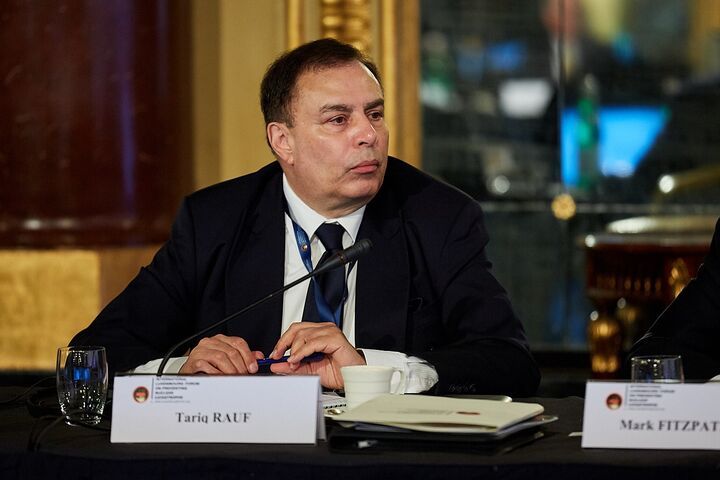





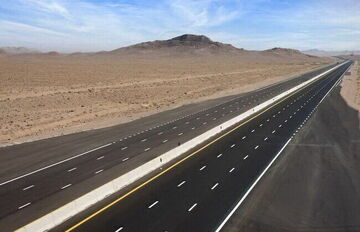
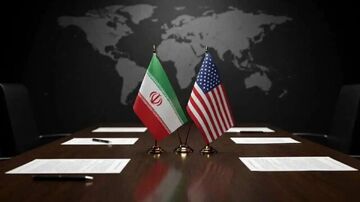
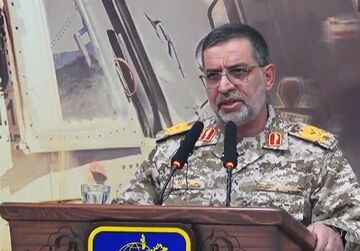
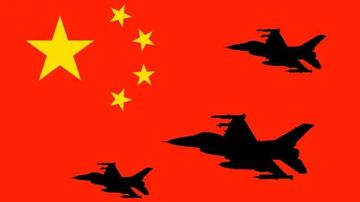
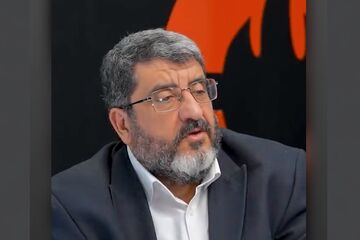


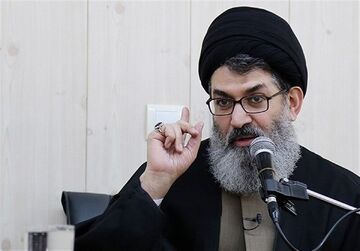

نظر شما